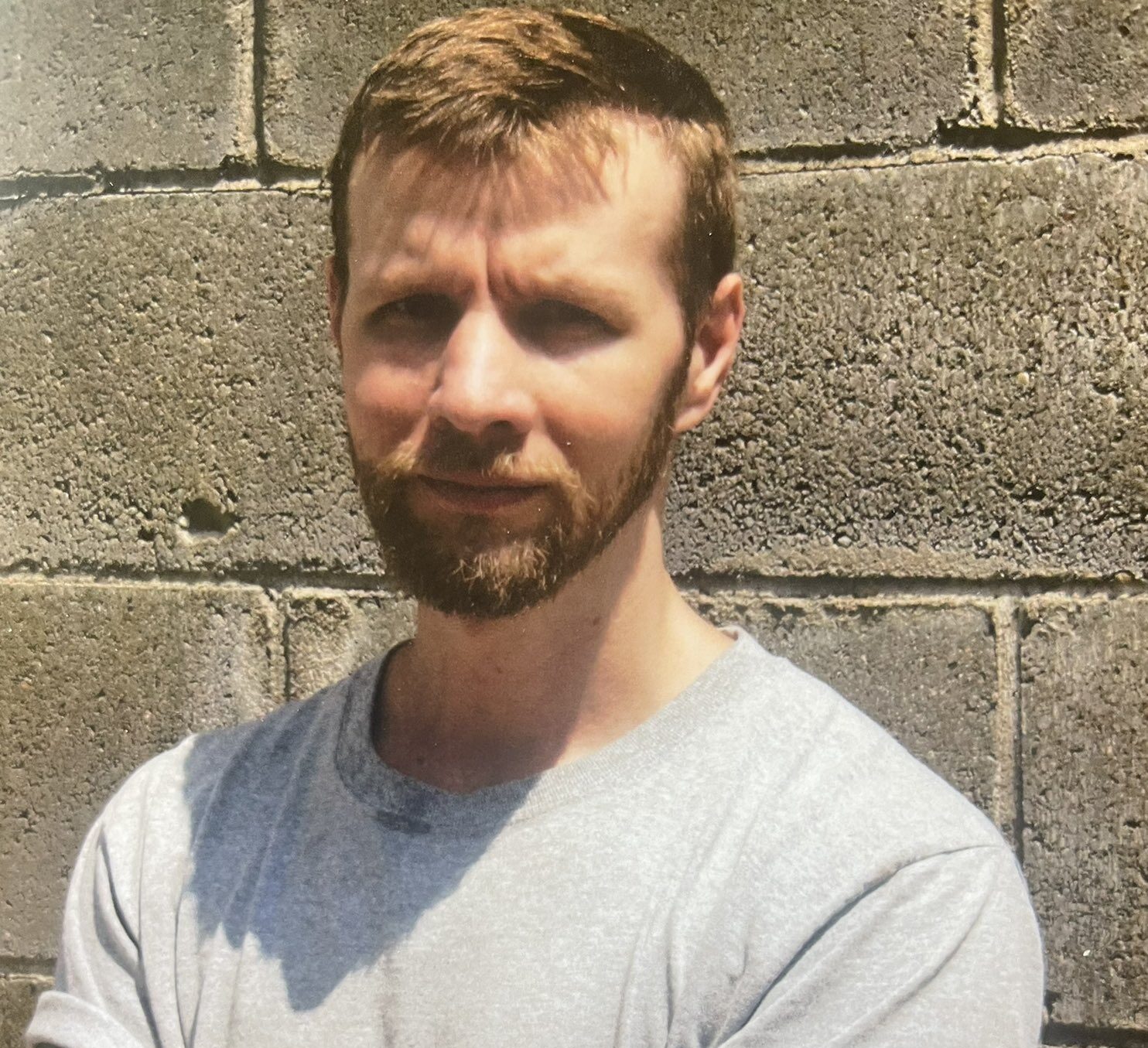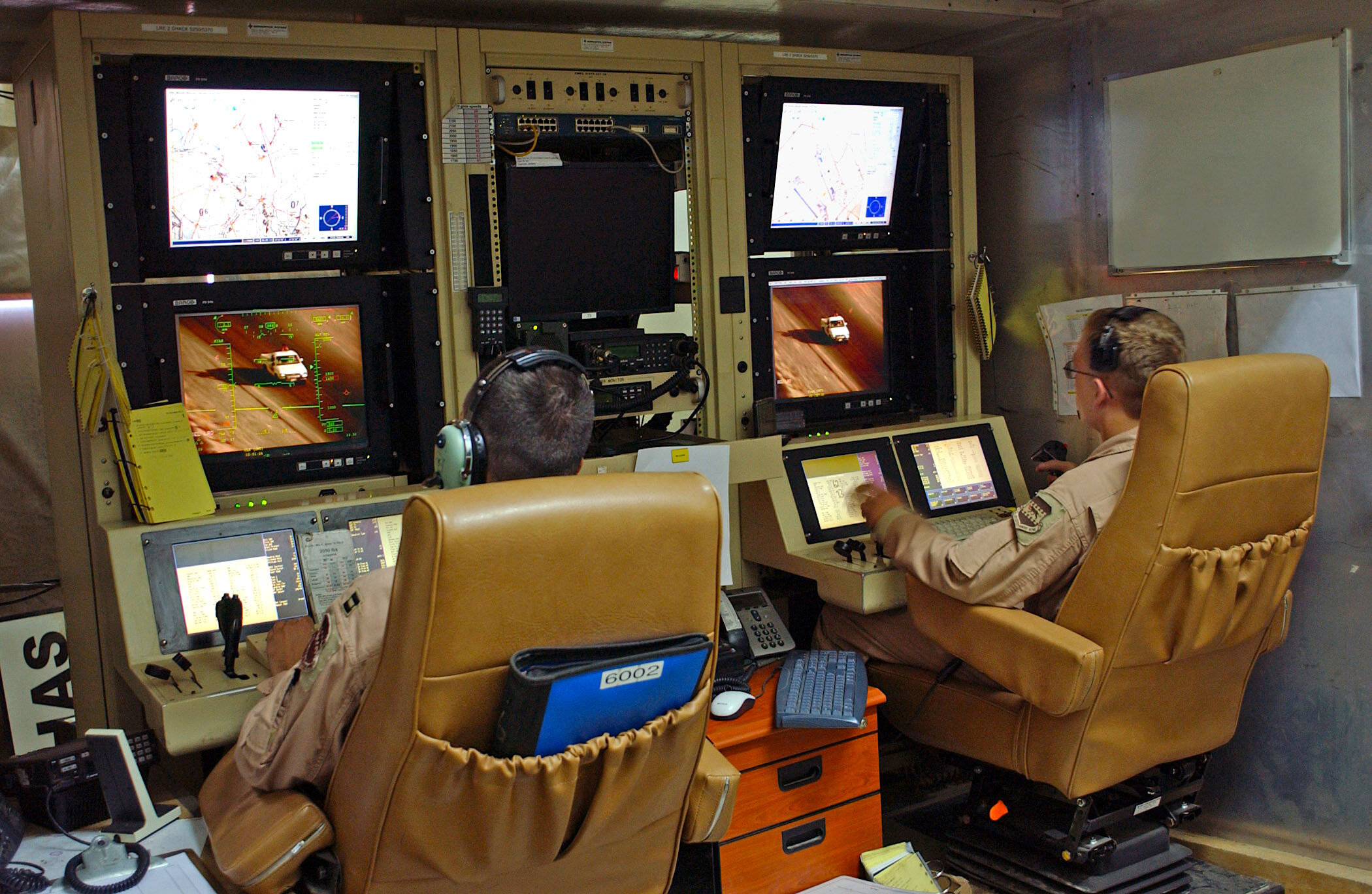Story at a glance…
-
The analyst who blew the whistle on Obama’s drone assassination program has received a 3-year 9-month prison sentence.
-
The judge ruled for a space in between the desired 9-year minimum of the prosecution and a 24-month maximum of the defense.
-
An 11-page written statement by the accused has been made available, recounting the details of his grizzly work, in which he describes 4 instances of civilians being killed.
In the first whistleblower prosecution of the Biden Administration, the Eastern District Court of Virginia ruled in the defense of former signals analyst Daniel Hale, who exposed the inner workings of President Obama’s top-secret drone assassination program.
Wielding the Espionage Act, the prosecution was seeking a minimum of nine years in prison, referencing an earlier case, while the defense argued for 12-24 months, referencing two others.
Judge Liam O’Grady ruled for 3 years 9 months in prison after Hale pled guilty to one of five counts of espionage: for the “unauthorized disclosure” of “secret” and “top secret” information. Reports say the judge took Hale’s PTSD and moral injury suffered during military service into strong consideration when issuing the sentence.
In an 11-page written statement, Hale expressed how his PTSD developed after serving in Afghanistan in 2012 when he was deployed under the drone program to the Bagram Air Base and that it “irreversibly transformed [his] identity as an American”.
Describing supreme moral injury coming from witnessing the deliberate bombing of innocent civilians and the subsequent cover-ups, particularly a mix of statements and lies made by the president on television, Hale explained his decision to go to the press thusly…
My conscience, once held at bay, came roaring back to life. At first, I tried to ignore it. Wishing instead that someone, better placed than I, should come along to take this cup from me. But this too was folly.
Left to decide whether to act, I only could do that which I ought to do before God and my own conscience. The answer came to me, that to stop the cycle of violence, I ought to sacrifice my own life and not that of another person.
In his testimony, Hale recounted four stories of civilians killed as collateral damage, including a five-year-old girl whose 3-year old sister was injured, a well-liked local police officer and imam in Yemen, a group of men drinking tea in rural Afghanistan, and a farmer, who remained “miraculously conscious” while “pointlessly trying to scoop his insides off the ground.”
“The victorious rifleman, unquestionably remorseful, at least keeps his honor intact by having faced off against his enemy in the battlefield,” Hale wrote. “But what possibly could I have done to cope with the undeniable cruelties that I perpetrated?”




